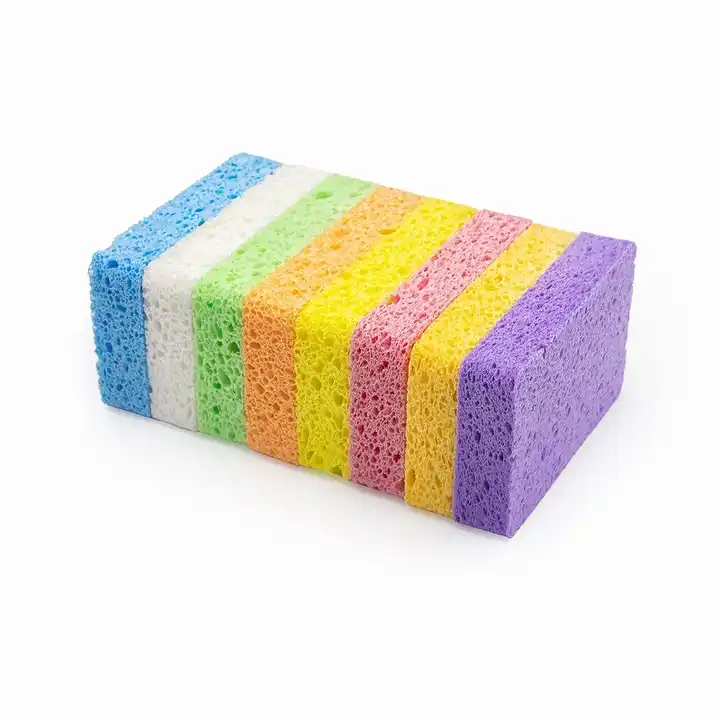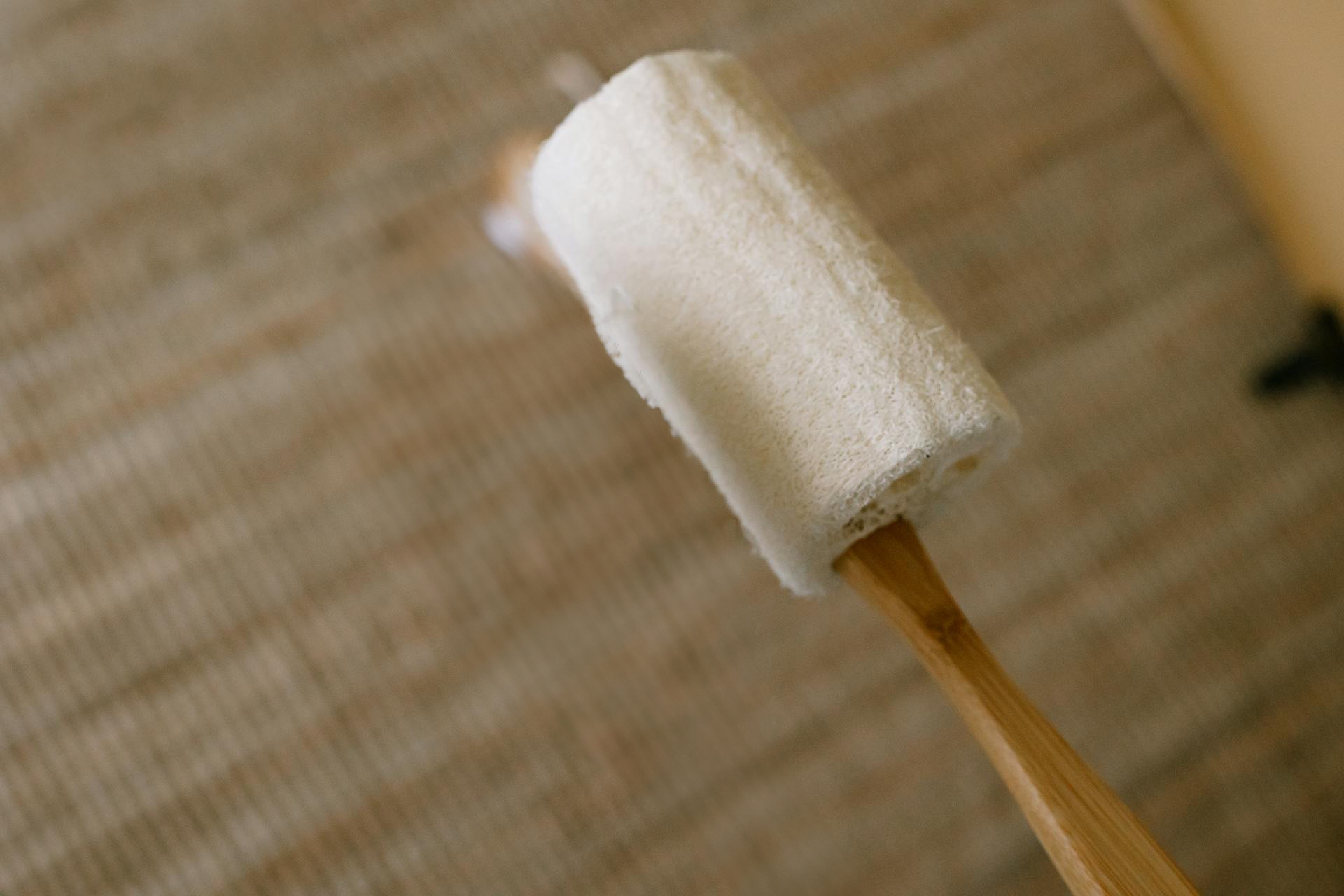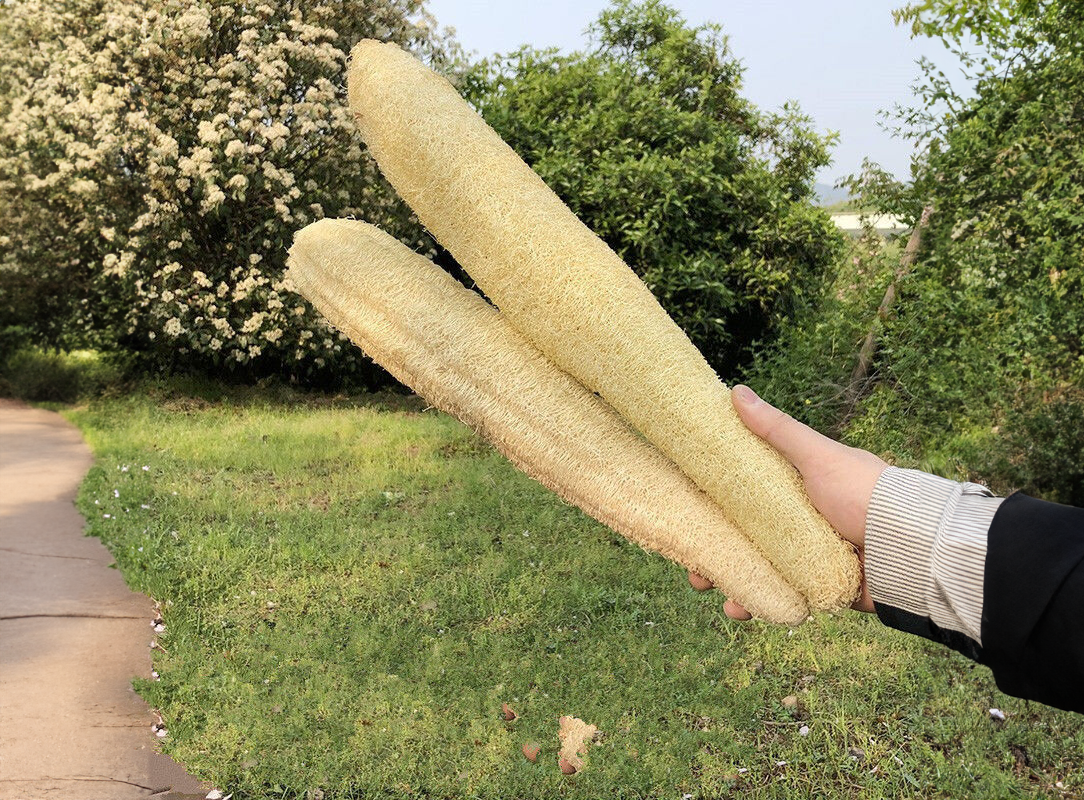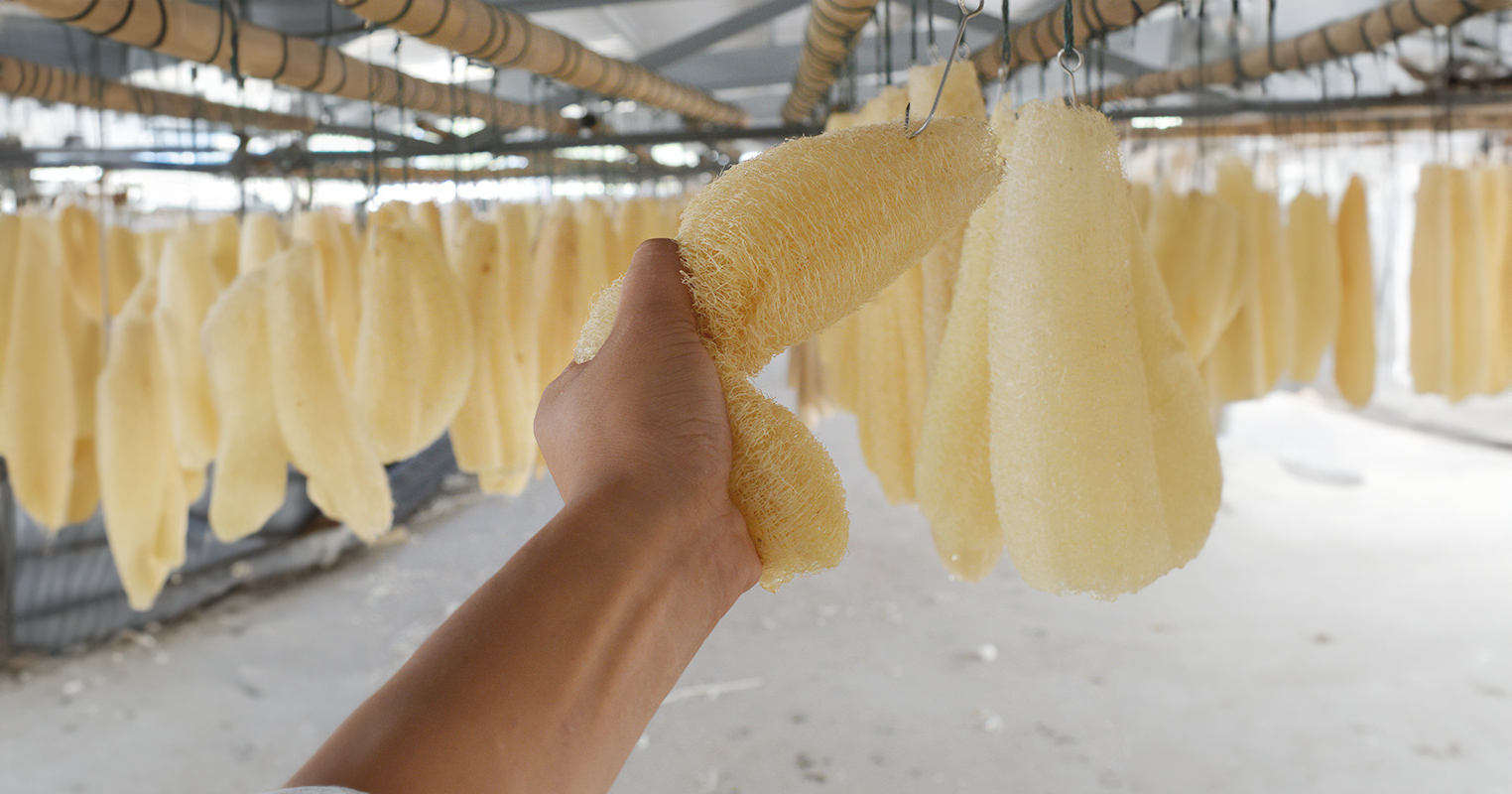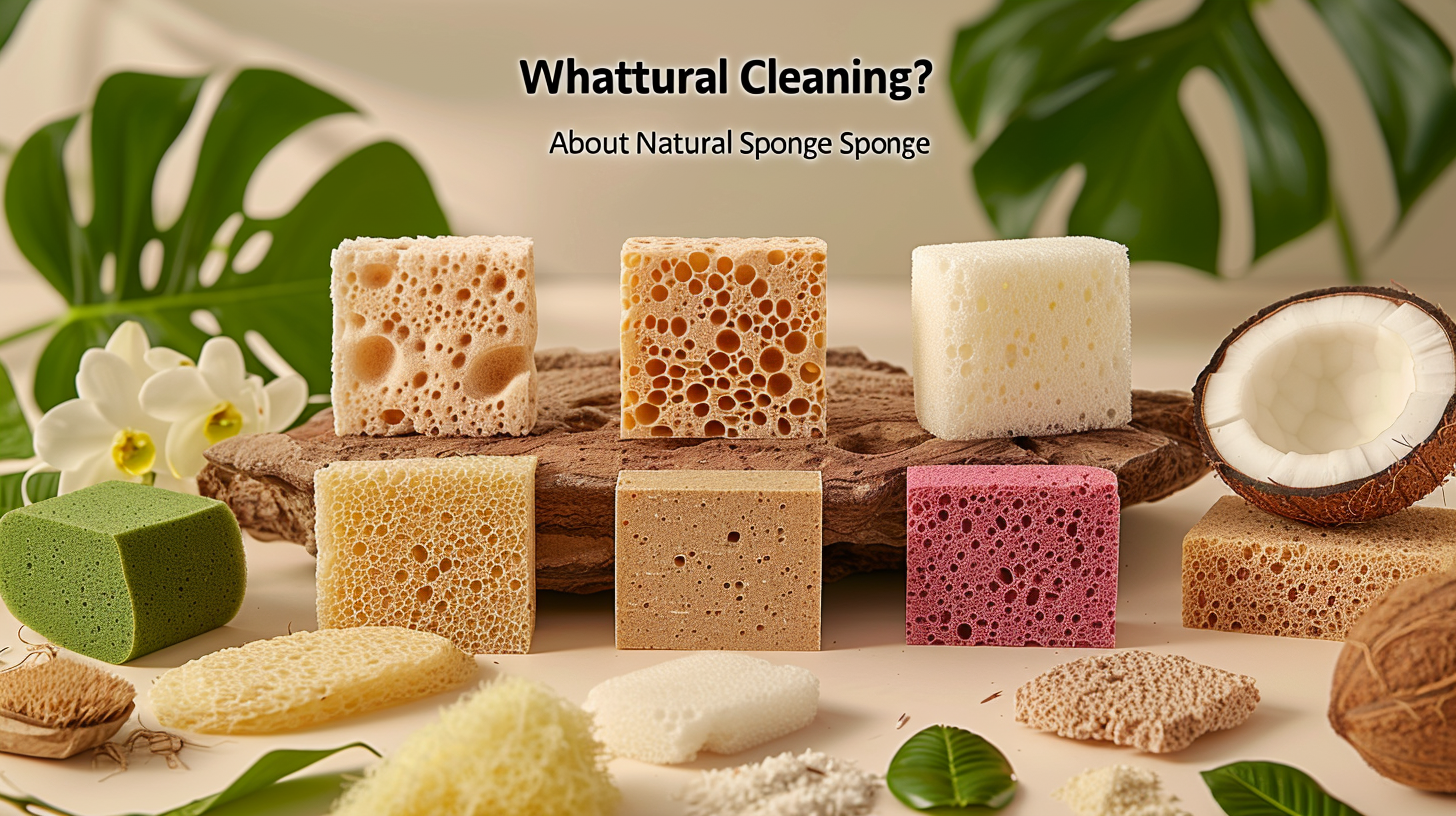Table of Contents
- Introduction: The Rise of Compressed Sponges
- Compressed Facial Sponge: Composition and Sustainability
- Compressed Cellulose Sponge: An Eco-Friendly Choice?
- Analyzing the Biodegradability of Compressed Sponges
- Environmental Impact: Compressed Sponges vs. Traditional Options
- Market Trends and Consumer Preferences
- FAQs on Compressed Sponges
- Conclusion
1. Introduction: The Rise of Compressed Sponges
The personal care and cleaning industries have seen a shift towards eco-friendly products, with compressed sponges, especially compressed facial sponges and compressed cellulose sponges, leading the way. This article examines whether these sponges are as eco-friendly and biodegradable as they claim to be.
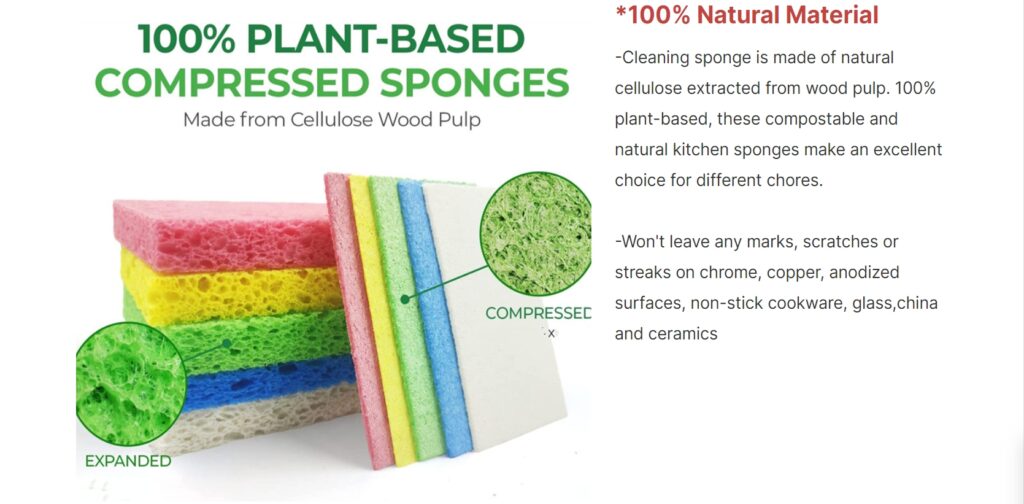
2. Compressed Facial Sponge: Composition and Sustainability
Compressed facial sponges are predominantly made from natural fibers like cellulose, cotton, or bamboo. The sustainability factor of these compressed sponges hinges on their source materials. For example, a compressed cellulose sponge is entirely plant-based and thus more environmentally friendly. According to a 2023 sustainability report, natural compressed facial sponges can degrade up to 90% within six months under compostable conditions, unlike their synthetic counterparts.
| Material Type | Degradation Rate (%) | Time (Months) |
|---|---|---|
| Cellulose | 90 | 6 |
| Synthetic | 20-30 | 12-18 |
3. Compressed Cellulose Sponge: An Eco-Friendly Choice?
Compressed cellulose sponges are derived from wood pulp, a renewable resource, making them an eco-friendly choice. Their production process is less energy-intensive compared to synthetic sponges. A 2023 environmental impact study revealed that manufacturing a compressed cellulose sponge results in 50% less carbon emission than producing a synthetic sponge. This makes compressed sponges from cellulose a more sustainable option.
| Sponge Type | Carbon Emission Reduction (%) |
|---|---|
| Compressed Cellulose | 50 |
| Synthetic | 0 |
4. Analyzing the Biodegradability of Compressed Sponges
In terms of biodegradability, compressed sponges, especially those made from natural materials like cellulose, significantly outperform synthetic alternatives. Lab tests in 2023 showed that a compressed cellulose sponge decomposes nearly 70% faster than synthetic variants. This rapid breakdown reduces environmental pollution, making compressed sponges a preferable choice for green living.
| Sponge Type | Biodegradation Speed (Compared to Synthetic) |
|---|---|
| Compressed Cellulose | 70% Faster |
| Synthetic | Standard Rate |
5. Environmental Impact: Compressed Sponges vs. Traditional Options
Compressed sponges have a smaller ecological footprint compared to traditional sponges. Not only do compressed cellulose sponges decompose quickly, but their production also requires fewer chemicals and less water. A study in 2023 indicated that the water footprint of producing a compressed facial sponge is approximately 40% lower than that of a synthetic sponge, making them a more sustainable choice in terms of resource usage.
| Sponge Type | Water Footprint Reduction (%) |
|---|---|
| Compressed Cellulose | 40 |
| Synthetic | 0 |
6. Market Trends and Consumer Preferences
The market for eco-friendly products has seen a surge in demand for compressed sponges, particularly compressed facial sponges and compressed cellulose sponges. Sales data from 2023 shows a 35% increase in demand for these eco-friendly options. Consumers are increasingly aware of their environmental impact, preferring products that align with sustainable practices.
| Year | Demand Increase for Eco-Friendly Sponges (%) |
|---|---|
| 2023 | 35 |

7. FAQs on Compressed Sponges
Q: Are all compressed sponges biodegradable?
A: Not all. The biodegradability of compressed sponges depends on their material composition, with compressed cellulose sponges being among the most eco-friendly options.
8. Conclusion
Compressed sponges, particularly compressed facial sponges and compressed cellulose sponges, offer an eco-friendly alternative to traditional sponges. However, their environmental impact depends on their specific materials and manufacturing processes.

